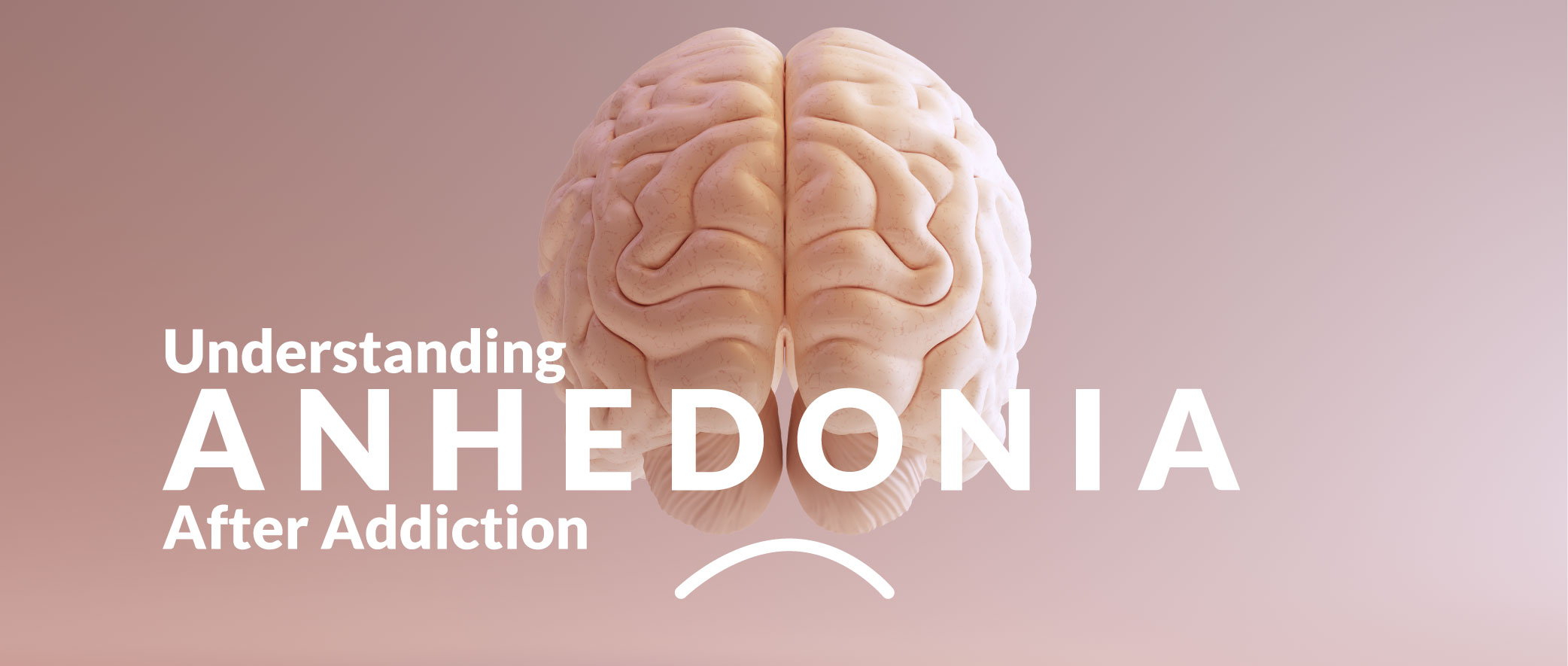
# New Study Indicates Mental Fatigue May Lead to Increased Aggression: Understanding Brain Tiredness
Recent research reveals how mental fatigue can alter our capacity for cooperative behavior and sound decision-making. Extended periods of cognitive effort appear to induce particular brain regions, especially those linked to self-regulation and decision-making, to display sleep-like patterns. This “local sleep” effect might clarify why fatigued individuals tend to exhibit more aggressive or impulsive actions, as outlined in a study published in the *Proceedings of the National Academy of Sciences* on November 11, 2024 (DOI: 10.1073/pnas.2404213121).
## When Portions of the Brain Require Rest
You might observe that after extensive hours of mentally demanding work, your ability to make decisions and respond calmly starts to decline. To our surprise, the brain has a mechanism to indicate this fatigue. Certain areas, particularly the frontal cortex linked to self-control and sound decision-making, display “local sleep” characteristics even while a person is technically alert.
Local sleep takes place when particular sections of the brain become so fatigued that, despite alertness overall, they transition into a sleep-like state. This can lead to impulsivity, reduced social awareness, and reactive rather than deliberate behavior. The primary research from the IMT School of Advanced Studies Lucca delved into this concept, associating cognitive exhaustion with reduced cooperative interactions.
## Games Illustrate Social and Behavioral Effects
To analyze the ramifications of prolonged mental fatigue, researchers created an experiment merging neuroscience with social behaviors displayed in economic games. Participants were assigned mentally strenuous tasks for one hour – notably four times longer than previous studies – to induce controlled fatigue.
Subsequently, these individuals participated in various economic games, including the “hawk and dove” game, which simulates resource-sharing in competitive or stressful scenarios. Players were required to opt for cooperative strategies (represented by the dove) or more aggressive, competitive tactics (represented by the hawk). The outcomes were striking: fatigued players exhibited a marked decrease in preferred peaceful, cooperative methods. While 86% of non-fatigued players opted for cooperation, this figure plummeted to 41% among those who underwent the intensive mental tasks.
At the same time, electroencephalogram (EEG) data from 44 participants illustrated how mental fatigue impacts the brain. Participants showing signs of fatigue exhibited sleep-like brainwave activity, primarily in the essential frontal cortex – the area responsible for regulating self-control and logical decision-making. Participants without fatigue showed no indications of brainwave disruption.
## Practical Consequences in Daily Life
What are the implications for your daily routine? “These findings provide scientific support for the saying ‘sleep on it’ before making a choice,” stated Pietro Pietrini, Director of the Molecular Mind Lab at IMT School of Advanced Studies Lucca. He noted that cognitive exhaustion undermines our ability to make reasoned decisions, often leading to choices counter to our own best interests.
The research bears significant consequences across various life areas, from office meetings and financial choices to legal discussions. Making crucial decisions while mentally fatigued could result in hasty and potentially harmful outcomes. Pietrini adds that “when the brain is tired, we may make decisions that are against our own best interests.”
This is especially pertinent for individuals in roles where decision-making under duress is commonplace, such as financial analysts, judges, negotiators, or even parents managing stressful circumstances.
## Important Insights
The essential takeaway from this research is straightforward yet vital: when facing high-stakes decisions, recognizing the effects of mental fatigue on our judgment is imperative. Although it may be tempting to press on after long hours of effort or discussions, choosing to take a break, rest, or even nap may foster more considerate, cooperative, and advantageous outcomes.
Additionally, being mindful of your brain’s limitations might enhance both personal and professional relationships. Promoting regular breaks or “power naps” at work or stepping back before resolving disputes can lead to more constructive and harmonious interactions.
—
### Glossary
– **Local sleep:** A phenomenon where certain brain regions exhibit sleep-like activity while the person stays awake.
– **Frontal cortex:** The brain area involved in decision-making, impulse control, and social interaction.
– **EEG (Electroencephalogram):** A method for measuring electrical brain activity through sensors placed on the scalp.
– **Delta waves:** Slow brain waves typically associated with deep sleep, also seen during local sleep in regions of a fatigued brain.
—
### Quiz
1. **By how much did peaceful cooperation decrease in fatigued participants?**
Answer: From 86% to 41%
2. **For how long did participants engage in mentally challenging tasks?**
Answer: One hour
3. **What type of brain activity was observed in fatigued participants?**
Answer: Sleep